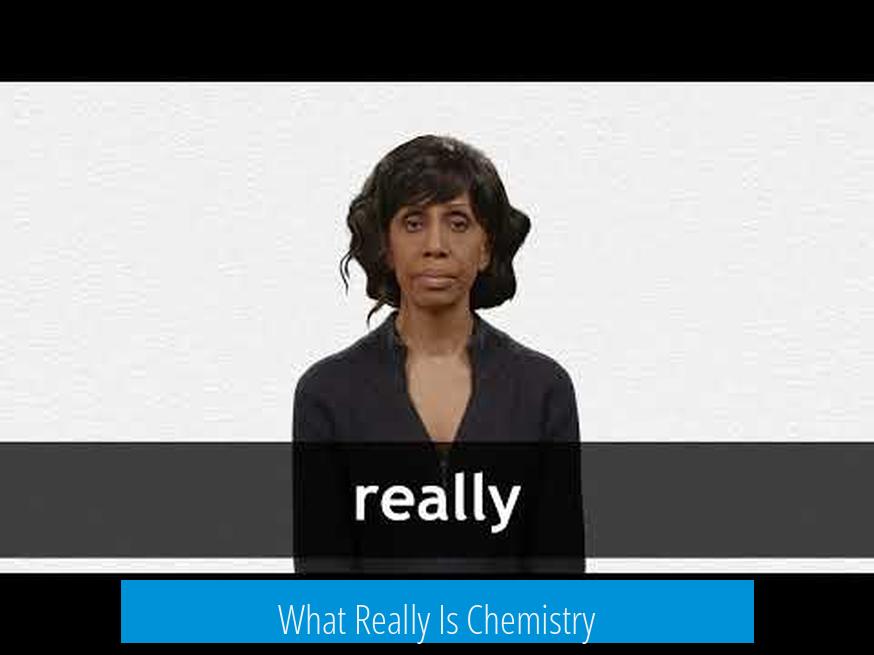What Really Is Chemistry?

Chemistry is fundamentally the study of matter, its changes, and the interactions that occur at the atomic and molecular levels, especially involving valence electrons and energy transformations. This field bridges physics and biology by explaining how substances transform and interact in the natural world.
Understanding Chemistry: Definitions and Perspectives
Chemistry is often described as the science of matter and change. It investigates how substances combine, separate, and rearrange. This view emphasizes chemistry’s role in explaining observable transformations in the world.
- Study of Electrons and Valence Electrons: Chemistry focuses on the behavior of valence electrons, the outermost electrons in atoms. These electrons govern how atoms bond and react. This perspective highlights chemistry as the physics of valence electrons, where life’s fundamental processes unfold.
- Interactions of Matter and Energy: Chemistry examines how matter interacts and how energy influences these processes. All chemical reactions involve energy changes, making chemistry a study of matter-energy interplay across atomic to bulk scales.
- Relations to Other Sciences: Chemistry connects deeply with other sciences. One metaphor portrays biology as “the what,” chemistry as “the how,” and physics as “the why.” Chemistry applies principles of physics to explain molecular behavior and forms a foundation for biological systems.
Chemistry Viewed Through Physics
Chemistry can be considered a domain of physics where only electromagnetic forces primarily matter. Electrons, protons, and atoms interact under electromagnetic laws, making quantum mechanics essential to chemical understanding.
The Schrödinger equation, a fundamental equation of quantum physics, describes electron behavior in atoms and molecules. From this, chemists understand how electrons arrange, how bonds form, and how molecules gain properties.
Philosophical and Conceptual Insights
At its core, chemistry reflects the transformation of matter driven by energy changes. The manipulation of valence electrons allows new materials and life processes to emerge. Every reaction is an energy landscape shift guiding matter to a new state.
Chemistry exists at specific spatial scales. Atomic and molecular levels dominate chemical study, though overlaps exist with physics and biology. In essence, chemistry interprets the universe as an interplay of mathematics, energy, and matter.
Cultural and Humorous Views on Chemistry
Chemistry also features a rich culture, often laced with humor. Inside the community, witty descriptions highlight diverse chemistry fields:
- Organic chemistry humorously seen as “finding 200 ways to make tar.”
- Physical chemists joking about playing with lasers.
- Computational chemists spending time “in basements” with computers.
- Biochemists viewing chemistry as a pathway to data science.
These playful takes underline chemistry’s complexity and the distinct approaches each subfield takes.
Unique and Practical Aspects of Chemistry
Chemistry stands out among sciences because its name doesn’t follow the typical “-ology” suffix pattern seen in biology or geology. It evokes a sense of magic or transformation. Practically, chemistry often involves long hours and rigorous experiments for discovery.
Summary of Key Points
- Chemistry studies matter, especially how valence electrons drive transformations.
- It focuses on matter-energy interactions at atomic and molecular scales.
- Chemistry links physics and biology but has its unique domain and principles.
- Quantum mechanics underpins chemical bonding and molecular structure.
- Chemistry carries diverse cultural meanings in science communities.
Overall, chemistry explains how the world changes at an invisible but fundamental level. It reveals the principles behind life, materials, and reactions that shape everyday experience.
What is the role of valence electrons in chemistry?
Chemistry studies valence electrons because they drive how atoms interact. These outer electrons form bonds and enable material change. Understanding their behavior helps explain transformations in matter and life.
How does energy influence chemical processes?
Energy governs chemical reactions and interactions. In chemistry, studying how matter and energy interact helps predict outcomes at the atomic and molecular levels. Energy changes drive all transformations in matter.
Why is chemistry often described as the study of change?
Chemistry focuses on how materials transform from one state to another. It examines interactions that cause matter to change. This perspective emphasizes the dynamic nature of substances and reactions.
How does chemistry relate to physics and biology?
Chemistry is the bridge between physics and biology. Physics explains why things happen, chemistry shows how substances change, and biology studies living systems affected by these changes. Each science builds on the other.
What kind of forces are important in chemistry?
Chemistry mainly involves the electromagnetic force acting between electrons and nuclei. Quantum physics explains electron behavior. These forces control how atoms bond and react with each other.
Are there humorous or informal ways people describe chemistry?
Yes, some say chemistry is “magic for adults” or “math with molecules.” Others joke it causes pain or is about friendships. Different chemistry branches have playful nicknames for their work and culture.





Leave a Comment